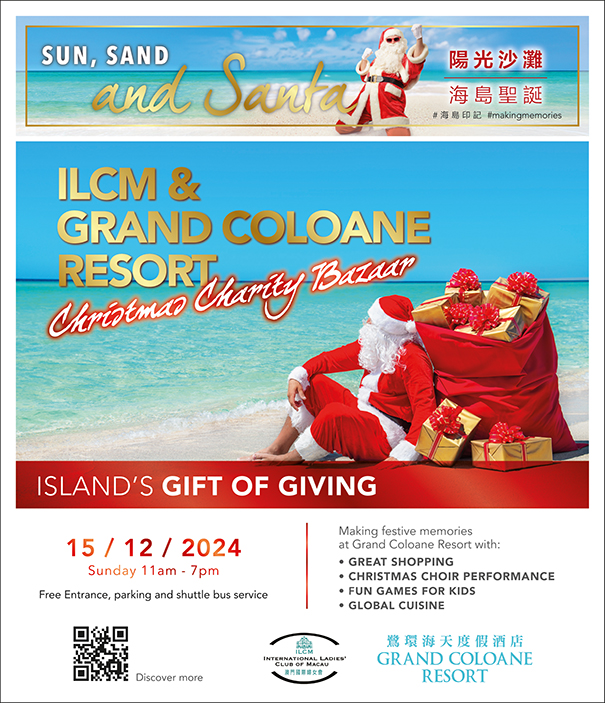Editorial
The ongoing fight against COVID-19 involves a lot of discussions by the interested public and expert panels about the right vaccine doses needed to defeat the virus, such as the ongoing discussion about the UK government’s controversial decision last week to push back Britons’ second doses of novel coronavirus vaccines.
Britain’s chief medical officers insist that the second jabs should be given up to 12 weeks after an initial dose to maximise the number of people being vaccinated. A spokesperson for Pfizer-BioNTech warned, however, that “there are no data to demonstrate that protection after the first dose is sustained after 21 days.”
Well, what we have got here is another example showing that the successful application of science is a rather convoluted process of error and trial.
That’s why a healthy dose of realism is needed to vanquish the virus that was first detected by physicians in Wuhan about a year ago and whose origin is still a tough nut to crack.
Scientists, politicians, public servants, healthcare workers and, last but not least, the common man and woman all need to take a healthy dose of realism in their joint effort to tackle the disease that has turned the world upside down and has brought out the best and the worst of humanity – many physicians and nurses have made the ultimate sacrifice in service of humankind, while others still claim that COVID-19 is a hoax or a scam.
Conspiracy theorists are having a field day with the novel coronavirus pandemic and China bashers have been trying to take advantage of the crisis to “roll back” China’s expanding global clout. Well, denialism has been around since time immemorial because a certain segment of humanity seems to find it more palatable to reject basic facts and widely undisputed concepts rather than accept reality which, quite often, is rather harsh.
The crux of the problem is that reality can’t be avoided. It’s here. We have to face it squarely before we can do something about it. It’s futile to deny reality – as US science fiction writer Philip K. Dick (1928-1982) famously said: “Reality is that which, when you stop believing in it, doesn’t go away.” It’s one of my favourite quotes.
The reality is that while the novel coronavirus was first detected in China, China is also the first major country that has been able to subdue the menace in an astonishingly short period of time in most of its national territory (the reality being that while Hong Kong is still struggling to get the virus under control, Macau has done exceptionally well* and Taiwan has been quite successful in keeping COVID-19 in check).
We in Macau must also remain realistic in our approach towards keeping COVID-19 at bay. It’s certainly way too early to predict what will happen on the virus front this year, even in Macau, as it remains to be seen how effective the various vaccines are and to which extent the situation elsewhere will impact our small city. Strict control measures, effective precaution, systematic prevention and close cooperation with the National Health Commission (NHC) in Beijing and World Health Organisation (WHO) in Geneva must continue to guide Macau’s continuing fight against COVID-19 – until securing final victory over the virus.
I would like to end my editorial on a positive note: there are quite a few diseases that have nearly or completely vanished thanks to global vaccination campaigns, such as polio, tetanus, whooping cough, chickenpox, and diphtheria. Let’s hope that before long humanity will once more be able to triumph over one more nasty virus. Realistic optimism is the best way of tackling this tremendous challenge.
*As of yesterday, Macau had 46 confirmed COVID-19 cases with zero deaths. Luxembourg had 46,919 cases with 506 fatalities, according to worldometers.info. Macau has a population of 680,000, Luxembourg’s stands at 630,000. The figures speak for themselves.
– Harald Brüning




